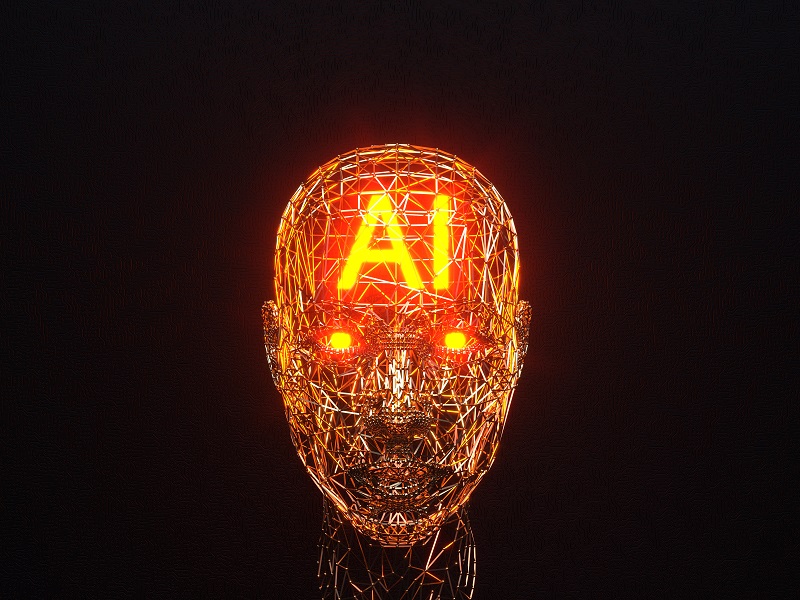
Artificial Intelligence (AI) has become one of the hottest topics in the tech world, and for good reason. AI has the potential to revolutionize the way we live and work, making our lives easier, more convenient, and more efficient. In this blog post, we'll explore what AI is, how it works, and some of its potential applications.
What is Artificial Intelligence?
Artificial Intelligence refers to the development of computer systems that can perform tasks that would typically require human intelligence. These tasks can include things like recognizing speech, understanding natural language, and making decisions. AI is based on the idea of building machines that can learn and adapt based on the data they receive.
How Does AI Work?
AI systems are typically built using algorithms and machine learning models. These models are trained using large datasets, which enable them to learn and make predictions based on new data. There are two primary types of machine learning: supervised and unsupervised learning.
Supervised learning involves training an AI system using labeled data, which means that the data has been tagged with the correct answer. The system then learns to recognize patterns in the data and make predictions based on new data. Unsupervised learning, on the other hand, involves training an AI system using unlabeled data, which means that the system must identify patterns and relationships on its own.
Potential Applications of AI
AI has the potential to transform many industries, from healthcare to finance to transportation. Here are just a few examples of how AI is being used today:
While the potential benefits of AI are significant, there are also some concerns and challenges associated with the technology. One concern is the potential for AI to replace human jobs, particularly in industries such as manufacturing and transportation. There are also concerns around the ethical use of AI, particularly in areas such as facial recognition and predictive policing.
Conclusion
Artificial Intelligence is a rapidly evolving field that has the potential to transform many aspects of our lives. As the technology continues to develop, it will be important to consider the potential benefits and risks of AI and to ensure that it is used in an ethical and responsible way. Whether you are a tech enthusiast or simply interested in the latest trends, AI is a topic that is worth watching closely in the years to come.